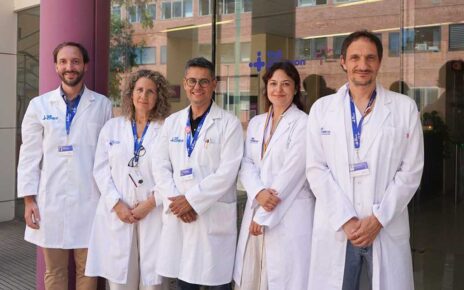Researchers based at the University of Toronto and Sinai Health claim pasteurizing breast milk via a specific technique inactivates the virus associated with the COVID-19 illness, according to a paper recently published in the Canadian Medical Association Journal.
“In the event that a woman who is COVID-19-positive donates human milk that contains SARS-CoV-2, whether by transmission through the mammary gland or by contamination through respiratory droplets, skin, breast pumps and milk containers, this method of pasteurization renders milk safe for consumption,” the authors write in their study.
The study marks the first time the impact of pasteurization on COVID-19 in human milk has been documented in the scientific literature. Today, women are advised to continue to breastfeed despite having COVID-19.
It is also standard care in Canada to provide pasteurized breast milk to very-low-birth-weight babies in the hospital until their mothers can properly breastfeed them. This is because milk banks in Canada practice the Holder method.
This technique sees the milk heated to 144.5°F (62.5°C) for 30 minutes and it is effective at neutralizing viruses such as HIV, hepatitis, and others transmittable through human milk. Logically, researchers wondered if it would be equally useful for neutralizing the COVID-19 virus.
To test this theory, researchers spiked human breast milk with a viral load of SARS-CoV-2. They then tested two samples of the milk: one that sat at room temperature for 30 minutes and one that was warmed to 144.5°F (62.5°C) for 30 minutes (the Holder method).
They found that the virus was inactivated after heating and that it was also weakened in the room temperature sample. This could indicate that some of the properties of breast milk may counteract the virus naturally without the added help of pasteurization.
Source: Interesting Engineering










